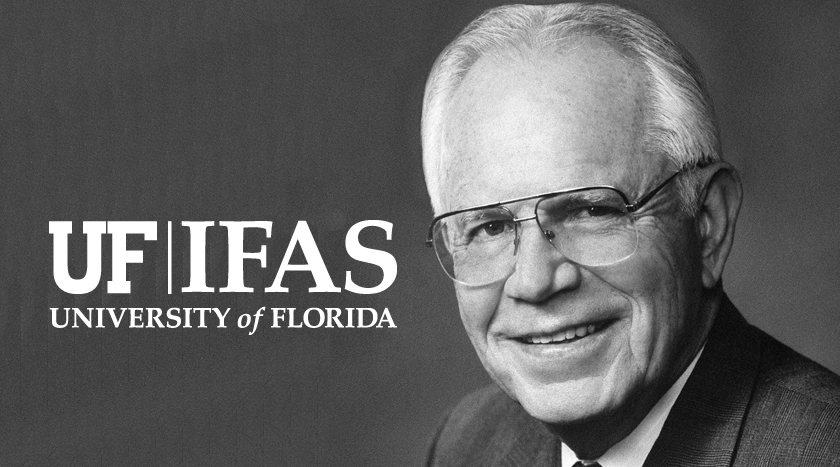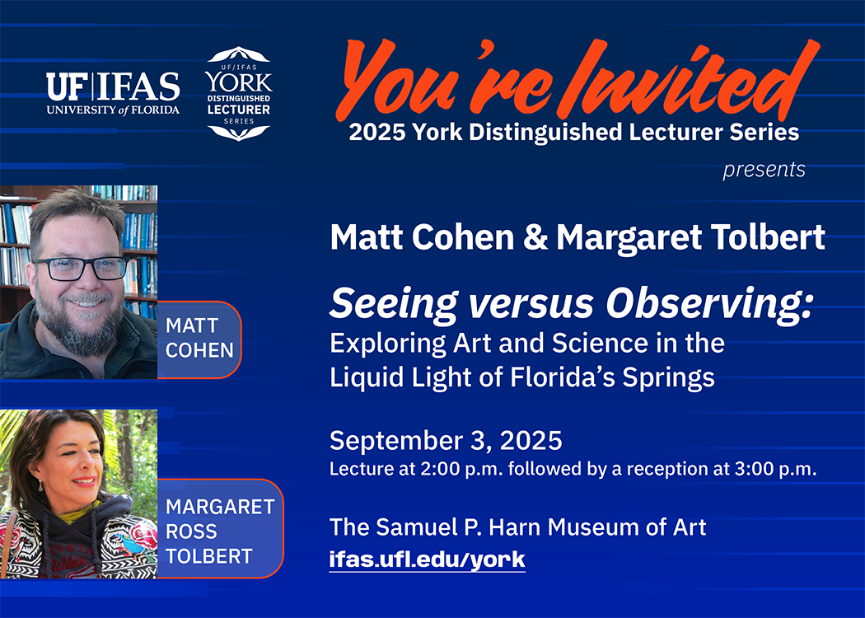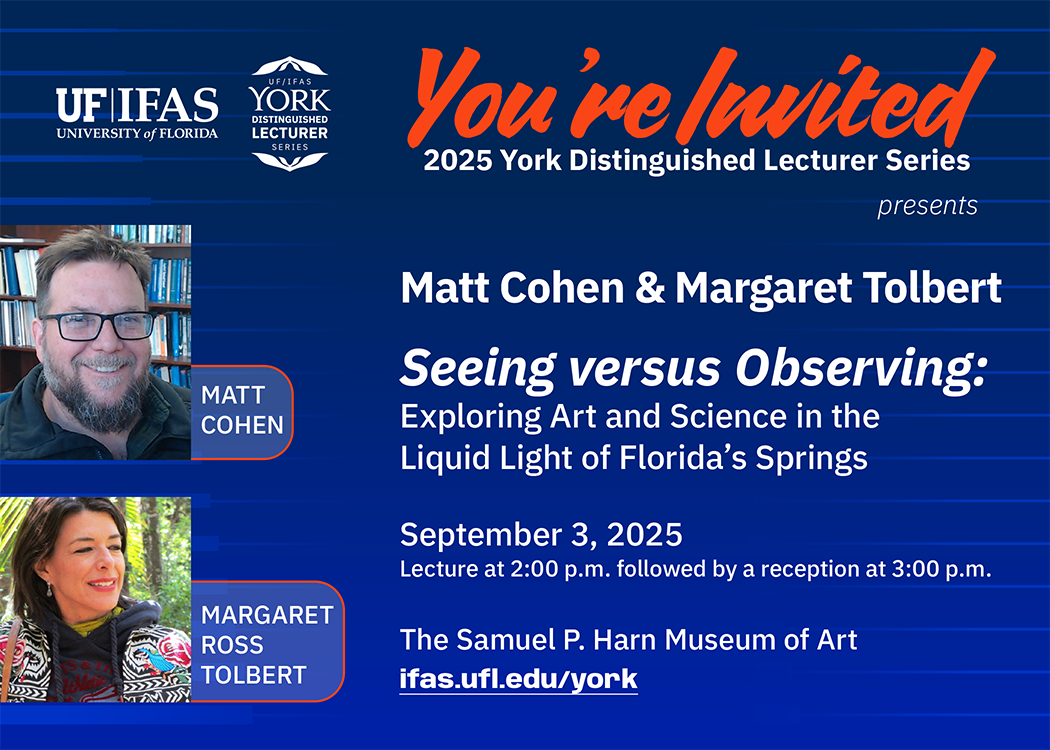2024
Future-Proofing Food: Strategies for Enhancing Global Resilience and Sustaining a Growing World
DR. Ismahane Elouafi, Executive Managing Director of CGIAR
2023
Revolutionary Research for a Growing World
Dr. Chavonda Jacobs-Young, Under Secretary for Research, Education and Economics and Chief Scientist, United States Department of Agriculture
2022
Shaping the Future of Sustainable Agriculture
Erik Fyrwald, CEO of Syngenta Group
Other Past Lectures
Dr. E. T. York’s life exemplified the land-grant philosophy of using knowledge for the betterment of mankind. He devoted a lifetime of service to the land-grant university system and to
working as an advocate for the use of international agricultural development as a weapon against world hunger and malnutrition.
Fittingly, his career parallels the critical growing years of the land-grant institution—from its youth as life support for the nation’s agricultural producers into maturity as a complex, multifaceted university.
The Alabama native received both his bachelor’s and master’s degrees from Auburn University. He was awarded a doctorate in 1949 from Cornell University, where he studied under the tutelage of the internationally renowned soil scientist, Dr. Richard Bradfield.
While at Auburn, he married Vermelle “Vam” Cardwell of Evergreen, Alabama. Mrs. York was a leader in women’s student government at Auburn. Mrs. York retired as a successful businesswoman and real estate developer.
From 1949 to 1956, Dr. York served at North Carolina State University, first as professor and then as chairman of the Department of Agronomy. He directed Alabama’s Extension Service from 1959 to 1961 and was Administrator of the Federal Extension Service from 1961 to 1963.
York applied the land-grant institution’s philosophy of knowledge for public benefit to a lifelong advocacy for international agricultural development. In that role, he led several presidential missions and served on many national and international bodies concerned with agricultural development and world hunger.
“A world filled with hungry, sick, and poverty-ridden people is likely to be an unstable world. The United States has a vital stake in the outcome of the war on hunger,” York said in a 1983 speech.
Dr. York was a former chairman of the Board for International Food and Agricultural Development (BIFAD) of the Agency for International Development. The board is concerned with strengthening and mobilizing the resources of U.S. universities to help Third World nations improve their agricultural sectors through effective research and educational institutions. He also chaired the Board of the International Fertilizer Development Center, with programs around the world.
As provost of agriculture and vice president for agricultural, natural, and human resources at the University of Florida from 1963 to 1973, York effected major, far-reaching changes. In an effort to more clearly reflect the land-grant university’s unique, tripartite mission of teaching, research, and extension, York brought together the College of Agricultural and Life Sciences, the Florida Cooperative Extension Service, and the Florida Agricultural Experiment Station under the single administrative umbrella of the present Institute of Food and Agricultural Sciences (IFAS).
He established the Center for Tropical Agriculture, which extended the institute’s international influence. He initiated DARE (Developing Agricultural Resources Effectively), a long-range planning effort. Dr. York also founded SHARE (Special Help for Agricultural Research and Education), a UF Foundation program that raises private funds for agriculture. Over the years, SHARE has generated nearly $250 million through gifts of cash and other assets from thousands of donors.
After a period as executive vice president and interim president of UF, he served as chancellor of the State University System of Florida from 1975 to 1980. After 1980, he dedicated himself full-time to a wide range of activities related to the problems of world hunger and malnutrition.
Well-known for his community service, York received the Rotary International’s “Service Above Self Award,” the highest honor bestowed on Rotary Club members. Fewer than one one-hundredth of one percent (0.01%) of Rotarians worldwide are recognized with this award.

York authored of more than 100 technical papers and books, and he lectured at more than 40 universities throughout the U.S. and around the world. He was appointed to prominent advisory positions by Presidents Kennedy, Johnson, Nixon, Ford, Carter, and Reagan, by various foreign governments, and by a number of U.S. government agencies. Among his many honors, York received honorary degrees from UF, Auburn, Ohio State, and North Carolina State, and is a member of the Alabama Agricultural Hall of Honor and the Florida Agricultural Hall of Fame.
In 1997, York was named a Great Floridian by the Florida Museum of History in recognition of his notable contributions in shaping the state of Florida as we know it today. It was a great loss to the global agricultural community when Dr. York passed away on Friday April 15, 2011 at his home in Gainesville, Florida.
KEYNOTE SPEAKER
Matt Cohen and Margaret Ross Tolbert
KEYNOTE ADDRESS
Seeing Versus Observing: Exploring Art and Science in the Liquid Light of Florida's Springs
September 3, 2025
Lecture at 2:00pm followed by a reception at 3:00pm.



